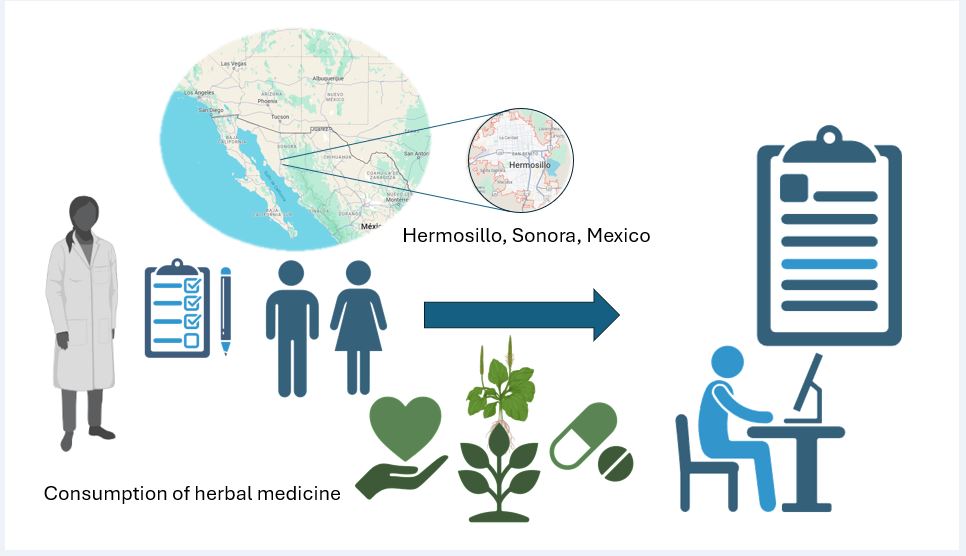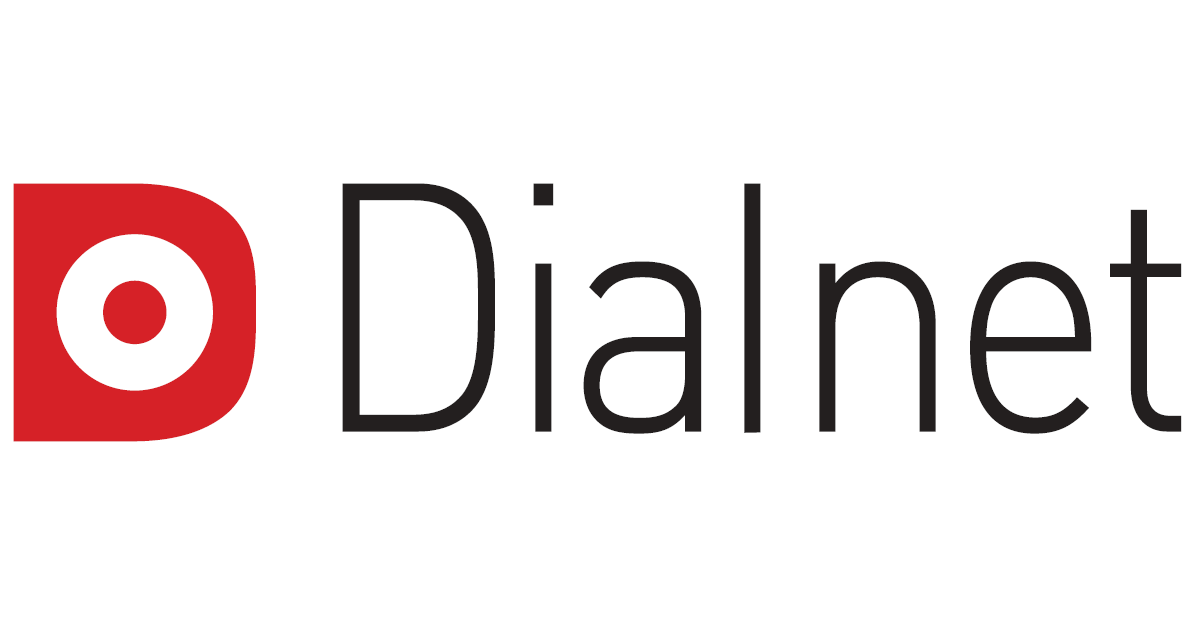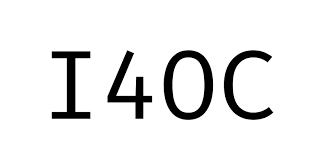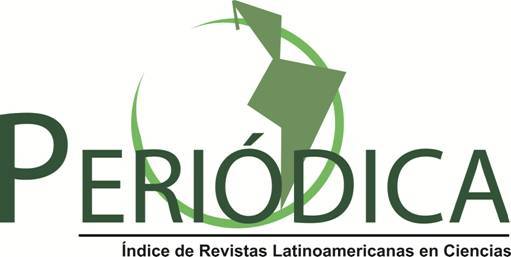Perception and use of herbal medicine in Hermosillo, Sonora (Northwest Mexico)
DOI:
https://doi.org/10.18633/biotecnia.v26.2284Keywords:
Herbal resources, Alternative medicine, Herbal knowledgeAbstract
Using herbal resources for medicinal purposes has persisted across diverse cultures, harnessing potential bioactivities. Despite the availability of commercial drugs, populations, including those in Mexico, continue to integrate herbal medicine into their healthcare practices. This study on Hermosillo, city in Northwest Mexico, exploring the prevalence and patterns of herbal medicine use. A cross-sectional study was conducted from May to September 2023, surveying 441 residents through a structured questionnaire. Demographic characteristics, awareness, and experiences with herbal medicine were assessed. Most participants were female (67.57 %), aged 30 years old or younger (67.57 %), and urban residents (90.70 %). The family was the primary source of knowledge for herbal medicine (73.92 %), emphasizing cultural continuity. Most participants (93.65 %) used herbal medicine when regarded as necessary, with 57.59 % reporting partial success. Despite reservations about safety (41.59 %), concurrent use with conventional treatments was common. The study underscores the persistent cultural connection to herbal medicine in Mexican families. Awareness campaigns emphasizing responsible herbal medicine use, especially in vulnerable groups, are crucial. The findings contribute to a broader understanding of herbal medicine trends and practices, emphasizing the importance of local perspectives.
Downloads
References
Adams, J.D., Garcia, C., Lien, E.J., 2010. A comparison of Chinese and American Indian (Chumash) medicine. Evidence-Based Complementary and Alternative Medicine 7, 219–225. https://doi.org/10.1093/ecam/nem188
Aina, O., Gautam, L., Simkhada, P., Hall, S., 2020. Prevalence, determinants and knowledge about herb-al medicine and non-hospital utilisation in southwest Nigeria: a cross-sectional study. BMJ Open 10, e040769. https://doi.org/10.1136/bmjopen-2020-040769
Al Akeel, M., Al Ghamdi, W., Al Habib, S., Koshm, M., Al Otaibi, F., 2018. Herbal medicines: Saudi population knowledge, attitude, and practice at a glance. Journal of Family Medicine and Primary Care 7, 865-875. https://doi.org/10.4103/jfmpc.jfmpc_315_17
Alonso-Castro, A.J., Ruiz-Padilla, A.J., Ruiz-Noa, Y., Alba-Betancourt, C., Domínguez, F., Ibarra-Reynoso, L.D.R., Maldonado-Miranda, J.J., Carranza-Álvarez, C., Blanco-Sandate, C., Ramírez-Morales, M.A., Zapata-Morales, J.R., Deveze-Álvarez, M.A., Mendoza-Macías, C.L., Solorio-Alvarado, C.R., Rangel-Velázquez, J.E., 2018. Self-medication practice in pregnant women from central Mexico. Saudi Pharmaceutical Journal 26, 886–890. https://doi.org/10.1016/j.jsps.2018.03.008
Anheyer, D., Frawley, J., Koch, A.K., Lauche, R., Langhorst, J., Dobos, G., Cramer, H., 2017. Herbal medicines for gastrointestinal disorders in children and adolescents: a systematic review. Pediatrics 139, e20170062. https://doi.org/10.1542/peds.2017-0062
Armendáriz-Barragán, B., Zafar, N., Badri, W., Galindo-Rodríguez, S.A., Kabbaj, D., Fessi, H., Elaissari, A., 2016. Plant extracts: from encapsulation to application. Expert Opinion on Drug Delivery 13, 1165–1175. https://doi.org/10.1080/17425247.2016.1182487
Boerma, T., 1995. The epidemiological transition: policy and planning implications for developing countries. [Workshop Proceedings]. Population Studies 49, 178–180. https://doi.org/10.1080/0032472031000148376
Cabada-Aguirre, P., López López, A.M., Mendoza, K.C.O., Garay Buenrostro, K.D., Luna-Vital, D.A., Mahady, G.B., 2023. Mexican traditional medicines for women’s reproductive health. Scientific Re-ports 13, 2807-2820. https://doi.org/10.1038/s41598-023-29921-1
Cordero, S., Gálvez, F., Arenas, J., Rodríguez Valenzuela, E., 2020. Does access to natural environments explain differences in the use of wild plants between rural and urban populations? Botanical Sciences 99, 104–123. https://doi.org/10.17129/botsci.2622
Duque, M., Gómez, C.M., Cabrera, J.A., Guzmán, J.D., 2018. Important medicinal plants from tradi-tional ecological knowledge: the case La Rosita community of Puerto Colombia (Atlántico, Colombia). Boletín Latinoamericano y del Caribe de Plantas Medicinales y Aromáticas 17, 324 – 341.
Ekpor, E., Osei, E., Akyirem, S., 2023. Prevalence and predictors of traditional medicine use among persons with diabetes in Africa: a systematic review. International Health ihad080. https://doi.org/10.1093/inthealth/ihad080
Elechi-Amadi, K.N., Briggs, O.N., Konne, F.E., Giami, L.K., C. Ajufo, B., 2021. Perception and Ac-ceptance of herbal medicines among residents of Port Harcourt, Nigeria. Journal of Complementary and Alternative Medical Research 12, 24–34. https://doi.org/10.9734/jocamr/2020/v12i330209
González-Stuart, A.E., 2010. Use of Medicinal Plants in Monterrey, Mexico. Notulae Scientia Biologi-cae 2, 07–11. https://doi.org/10.15835/nsb245399
Guerrero-Encinas, I., González-González, J.N., Ayala-Zavala, J.F., González-Aguilar, G.A., Ledesma-Osuna, A.I., López-Mata, M.A., Morales-Figueroa, G.G., Quihui-Cota, L., 2023. Reviewing the potential of natural antimicrobials for Salmonella spp. gastrointestinal infections: in vitro and in vivo evaluations. Revista Brasileira de Farmacognosia. https://doi.org/10.1007/s43450-023-00481-9
Gunjan, M., Naing, T.W., Saini, R.S., Naidu, D.J.R., Kumar, I., n.d. Marketing trends & future prospects of herbal medicine in the treatment of various disease. World Journal of Pharmaceutical Research 4, 132-155.
Hopkins, A., 2011. Use of network centrality measures to explain individual levels of herbal remedy cultural competence among the Yucatec Maya in Tabi, Mexico. Field Methods 23, 307–328. https://doi.org/10.1177/1525822X11399400
Ismail, S.F., Daud, M., Jalil, J.Abd., Azmi, I.M.A.G., Safuan, S., 2018. Protecting consumers from mis-leading online advertisement for herbal and traditional medicines in Malaysia: are the laws sufficient? 6th International Conference on Cyber and IT Service Management 1–6. https://doi.org/10.1109/CITSM.2018.8674372
Kemppainen, L.M., Kemppainen, T.T., Reippainen, J.A., Salmenniemi, S.T., Vuolanto, P.H., 2018. Use of complementary and alternative medicine in Europe: health-related and sociodemographic determi-nants. Scandinavian Journal of Public Health 46, 448–455. https://doi.org/10.1177/1403494817733869
Khayru, R.K., Issalillah, F., 2021. Study on consumer behavior and purchase of herbal medicine based on the marketing mix. Journal of Marketing and Business Research 1. 1-14.
Lopez, R.A., 2005. Use of alternative folk medicine by Mexican American women. Journal of Immi-grant Health 7, 23–31. https://doi.org/10.1007/s10903-005-1387-8
Lucía, C.-P.A., Jacqueline, B.-R., Alberto, B.-R.L., David, B.-A., Beatriz, R.-A., 2021. Actualized inven-tory of medicinal plants used in traditional medicine in Oaxaca, Mexico. Journal of Ethnobiology and Ethnomedicine 17, 7. https://doi.org/10.1186/s13002-020-00431-y
Magtalas, M.C., Balbin, P.T., Cruz, E.C., Adizas, A.V., Gerardo, J.P.Z., Sausa, R.B., Lee, K.Y., Tan-tengco, O.A.G., 2023. A systematic review of medicinal plants used in the treatment of gynecologic diseases in the Philippines. Phytomedicine Plus 3, 100462. https://doi.org/10.1016/j.phyplu.2023.100462
Meraya, A.M., Ahsan, W., Albratty, M., Alhazmi, H.A., Najmi, A., 2022. Perception of individuals with diabetes about efficacy and safety of complementary and alternative medicines (CAM) in the Jazan Re-gion, Saudi Arabia. Evidence-Based Complementary and Alternative Medicine 2022, 1–8. https://doi.org/10.1155/2022/2104056
Nworu, C.S., Udeogaranya, P.O., Okafor, C.K., Adikwu, A.O., Akah, P.A., 2015. Perception, usage and knowledge of herbal medicines by students and academic staff of University of Nigeria: A survey. Eu-ropean Journal of Integrative Medicine 7, 218–227. https://doi.org/10.1016/j.eujim.2015.01.005
Ouma, A., 2022. Intergenerational learning processes of traditional medicinal knowledge and socio-spatial transformation dynamics. Frontiers in Sociology 7, 661992. https://doi.org/10.3389/fsoc.2022.661992
Rodriguez-Fragoso, L., Reyes-Esparza, J., Burchiel, S.W., Herrera-Ruiz, D., Torres, E., 2008. Risks and benefits of commonly used herbal medicines in Mexico. Toxicology and Applied Pharmacology 227, 125–135. https://doi.org/10.1016/j.taap.2007.10.005
Rojas, P., Jung-Cook, H., Ruiz-Sánchez, E., Rojas-Tomé, I.S., Rojas, C., López-Ramírez, A.M., Reséndiz-Albor, A.A., 2022. Historical aspects of herbal use and comparison of current regulations of herbal products between Mexico, Canada and the United States of America. International Journal of Environmental Research and Public Health 19, 15690. https://doi.org/10.3390/ijerph192315690
Ruiz-Noa, Y., Ibarra-Reynoso, L.D.R., Ruiz-Padilla, A.J., Alonso-Castro, A.J., Ramírez-Morales, M.A., Zapata-Morales, J.R., Orozco-Castellanos, L.M., Solorio-Alvardo, C.R., Lara-Morales, A., 2021. Use of herbal medicine for diabetes mellitus in adults from the central–western region of Mexico. Primary Care Diabetes 15, 1095–1099. https://doi.org/10.1016/j.pcd.2021.08.010
Sam, D.S., 2019. Importance and effectiveness of herbal medicines. Journal of Pharmacognosy and Phy-tochemistry 8, 354-357.
Veiga, M., Costa, E.M., Silva, S., Pintado, M., 2018. Impact of plant extracts upon human health: a re-view. Critical Reviews in Food Science and Nutrition 60, 873–886 https://doi.org/10.1080/10408398.2018.1540969
Welz, A.N., Emberger-Klein, A., Menrad, K., 2019. The importance of herbal medicine use in the Ger-man health-care system: prevalence, usage pattern, and influencing factors. BMC Health Serv Res 19, 952. https://doi.org/10.1186/s12913-019-4739-0

Downloads
Published
How to Cite
Issue
Section
License
Copyright (c) 2023

This work is licensed under a Creative Commons Attribution-NonCommercial-ShareAlike 4.0 International License.
The journal Biotecnia is licensed under the Attribution-NonCommercial-ShareAlike 4.0 International (CC BY-NC-SA 4.0) license.
















_(2).jpg)







